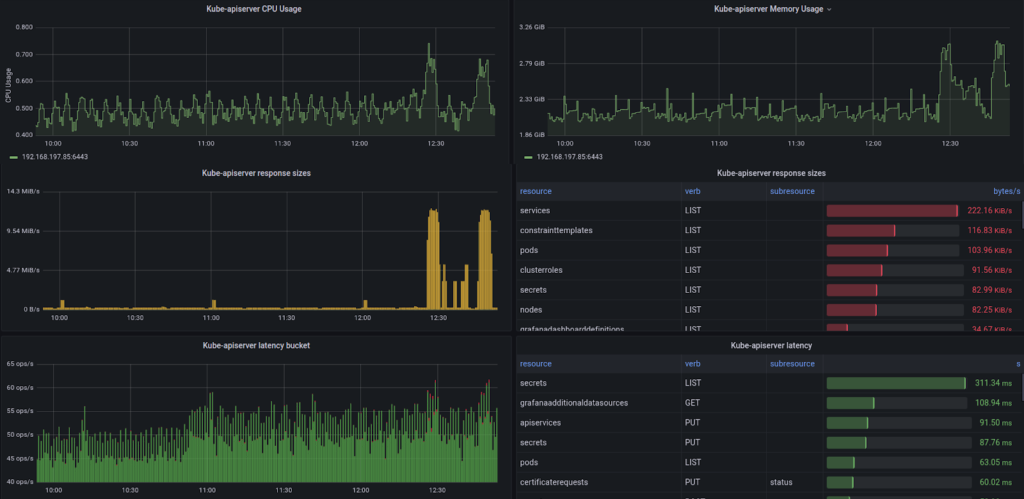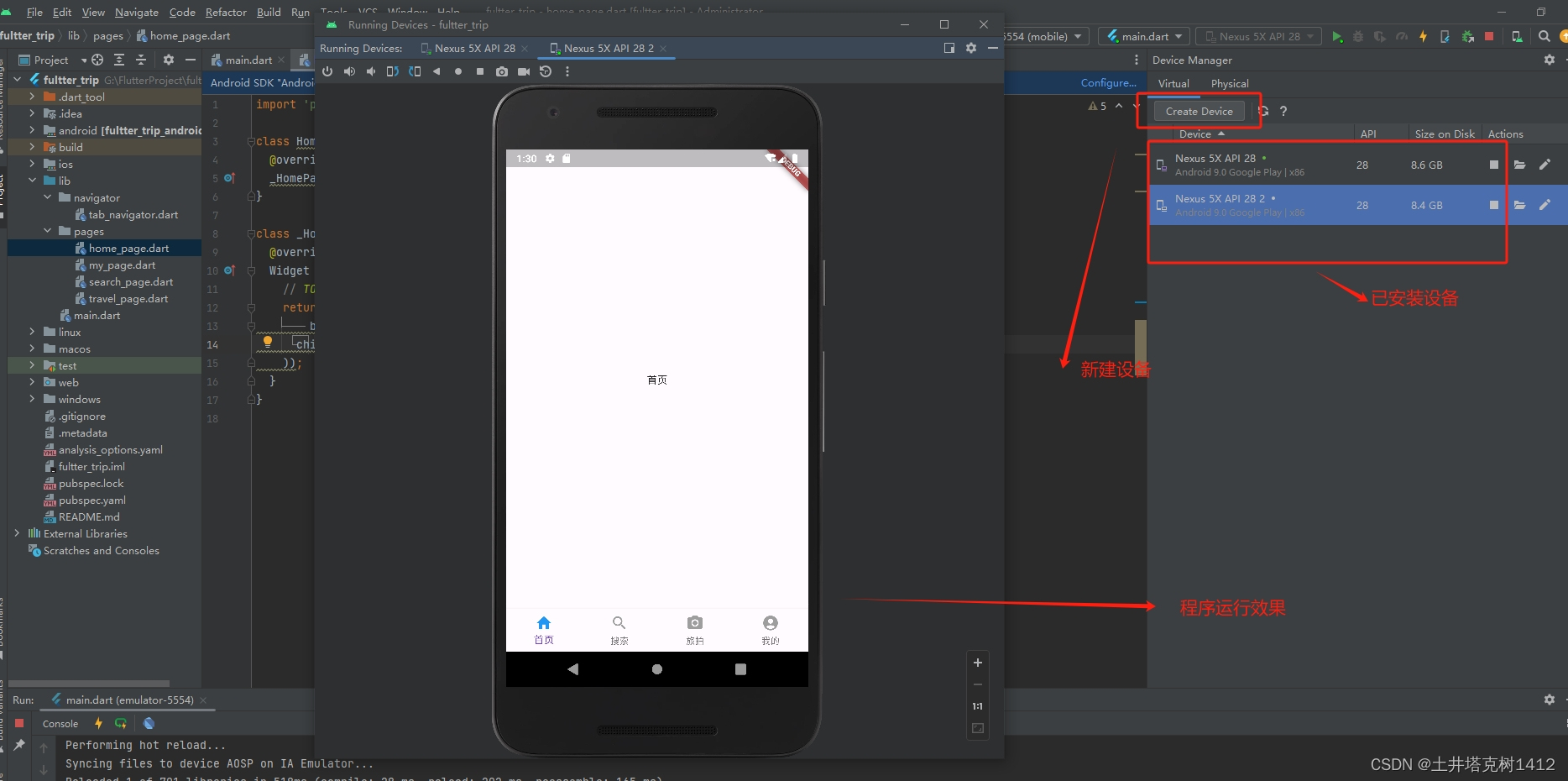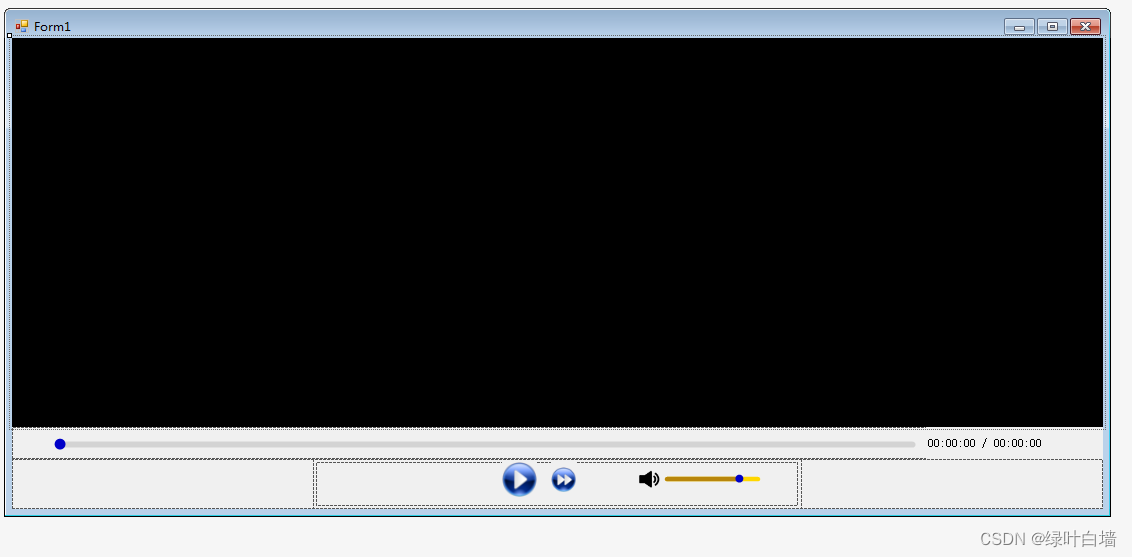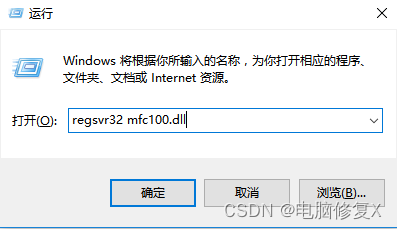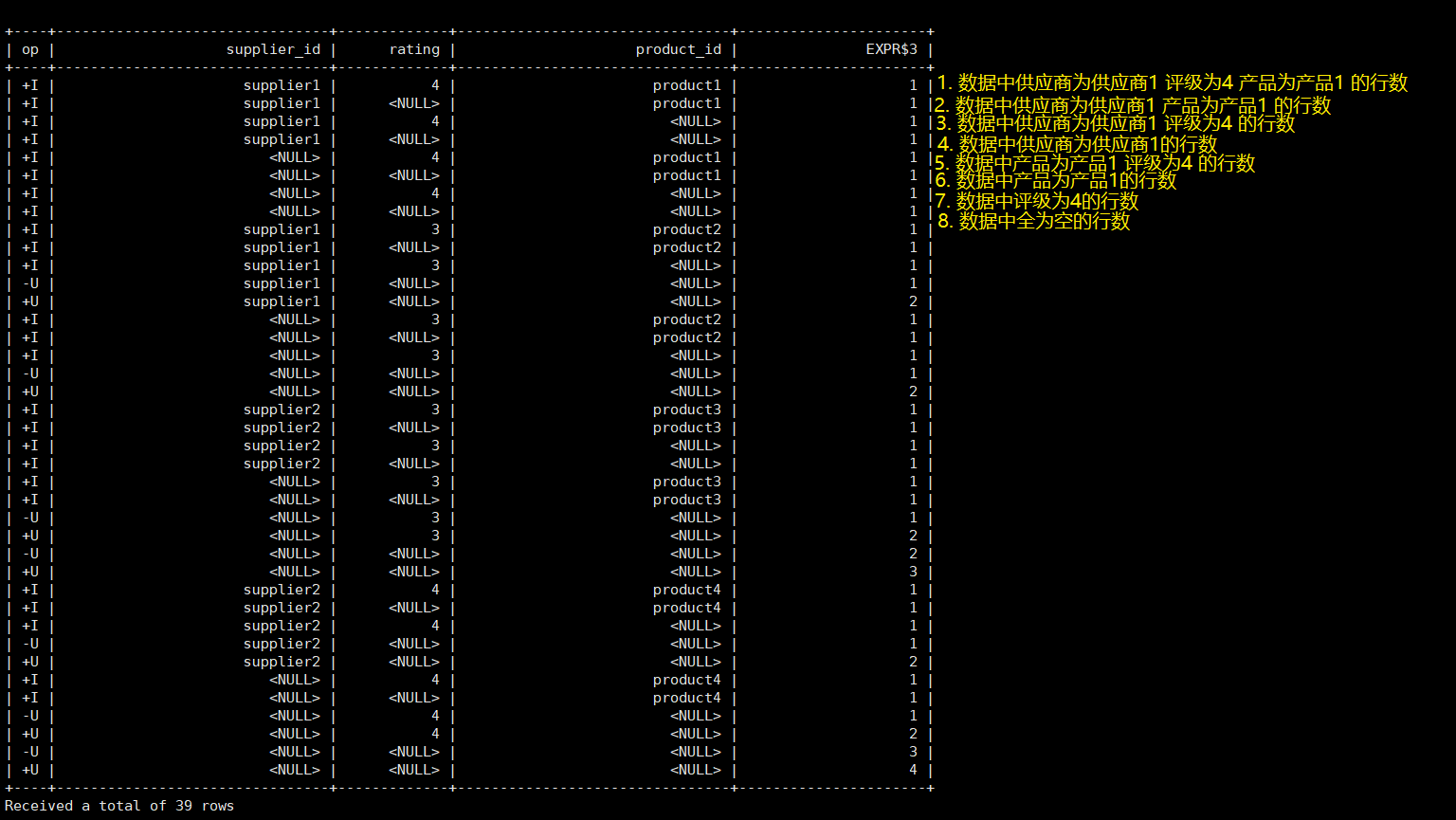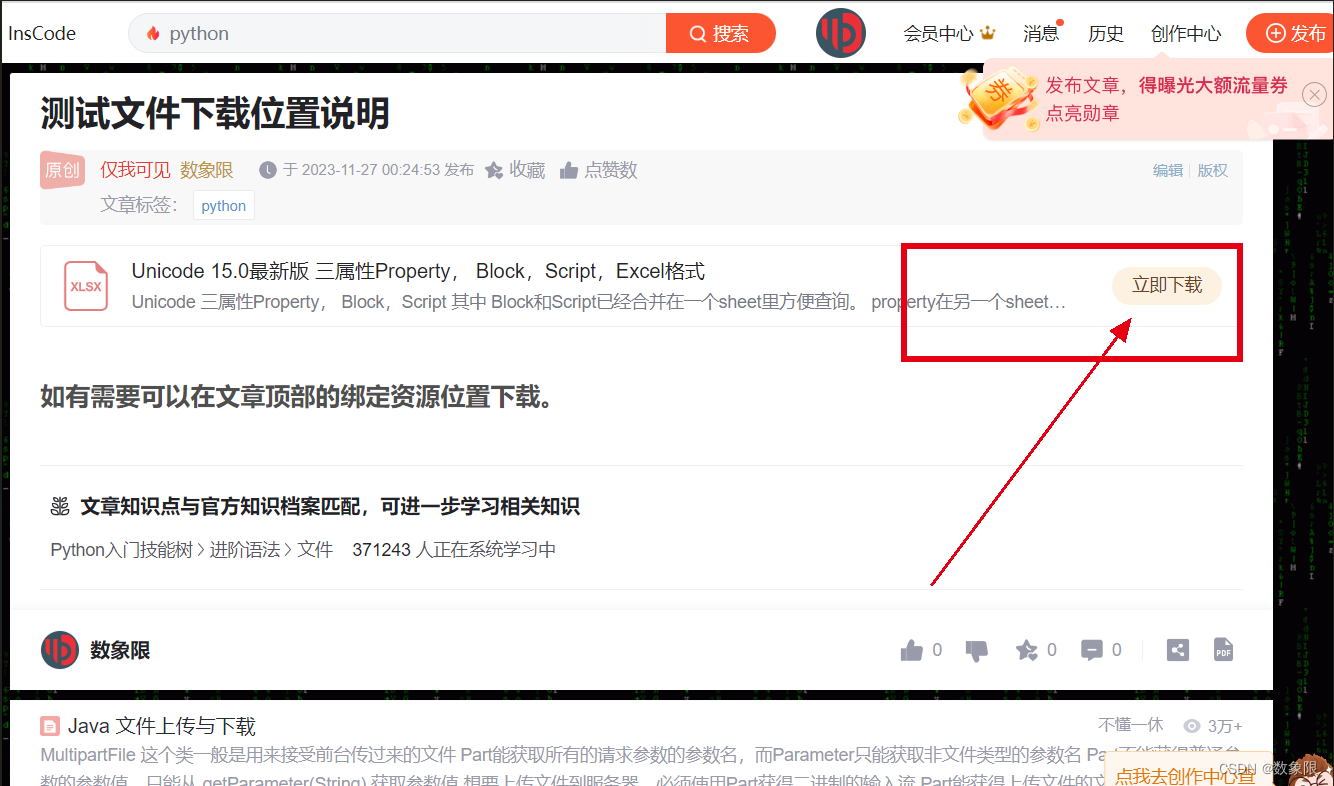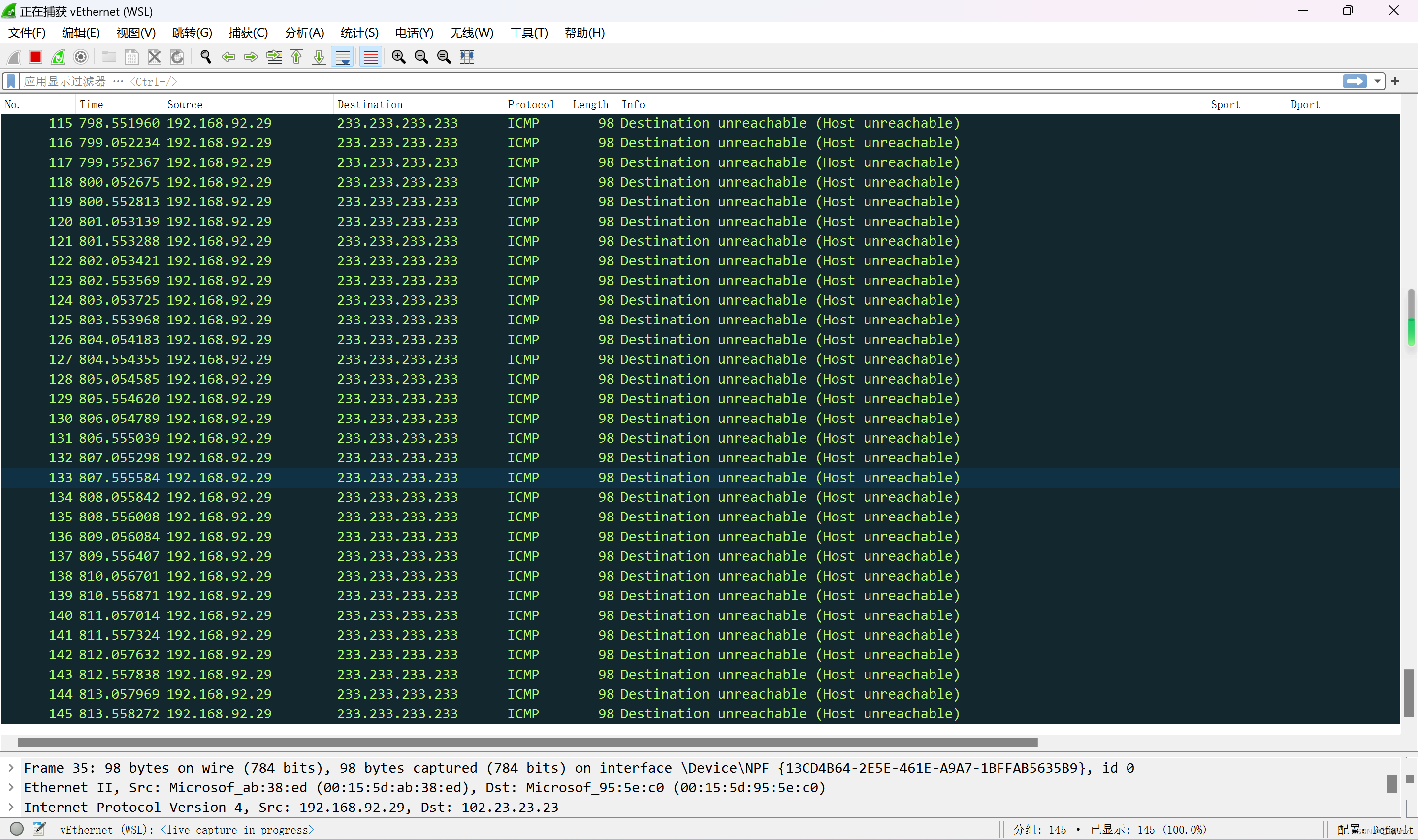
一.string类🍗
C++支持C风格的字符串,另外还提供了一种 字符串数据类型:string是定义在头文件string中的类,使用前需要包含头文件string。
#include<string>C语言中的字符串需要引用头文件#include<string.h>
#include<string.h>值得注意的是,在c++中头文件中都没有.h
二.使用🍗
1.赋值的三种方法🍗
//C++风格
int main()
{string s1;//第一种方式,字符串赋值s1 = "hello c++";string s2 = "今天,好好学习了吗?"; //第二种方式,字符串初始化string s3{ "你学废了吗?"}; //第三种方式 ,用字符串构造stringcout << s1 << endl;cout << s2 << endl;cout << s3 << endl;return 0;
}
-
第一种方式先定义了string变量s1,再为string变量s1赋值; - 第二种方式直接使用“ = ”为string变量s2赋值;
- 第三种方式在定义string变量时,将初始值放在“{ }”运算符中,使用“{ }”运算符中的字符串为变量初始化;
2,关于字符串的各种操作🍗
1.访问字符串中的字符🍗
string类重载了“[]”运算符,可以通过索引方式访问和操作字符串中指定位置的字符。如下所示:
//string类重载了“[]”运算符,可以通过索引方式访问和操作字符串中指定位置的字符。如下所示:
//C++
int main()
{string s = "hello,C++";cout << s << endl;s[7] = 'P';//通过下标访问第七个元素s[8] = 'P';cout << s << endl; //hello,Cppreturn 0;
}//C语言
int main()
{char s[] = "hello,C++";printf("%s\n", s);s[7] = 'p';s[8] = 'p';printf("%s\n", s);return 0;
}2.字符串连接🍗
在C语言中,连接两个字符串要调用strcat()函数,还要考虑内存溢出情况。在C++中,string重载了“ + ”运算符,可以使用“ + ”运算符连接两个string类型的字符串,如下所示:
//C++写法
int main()
{string s1, s2;s1 = "我在学习";s2 = "C++";cout << s1 + s2 << endl; //我在学习C++return 0;
}//C写法
int main()
{char s1[15] = "我在学习";char s2[15] = "C++";strcat(s1, s2);printf("%s", s1);return 0;
}
3.字符串的比较(注意比较的不是长度,而是字母的大小)🍗
在C语言中,比较两个字符串是否相等需要调用strcmp()函数,而在C++中,可以直接使用的“ > ”, “ < ”, “ == ”等运算符比较两个string字符串。如下所示:
//C++
int main()
{string s1, s2;s1 = "hello";s2 = "world";//比较两个字符串内容是否相同 if (s1 > s2)cout << "字符串s1大于s2" << endl;else if (s1 < s2)cout << "字符串s2大于s1" << endl;elsecout << "字符串s1与s2相等" << endl;
}//C语言
int main()
{char s1[10] = "hello";char s2[10] = "world";//比较两个字符串内容是否相同 if (strcmp(s1 ,s2)>0)printf("字符串s1大于s2");else if (strcmp(s1 , s2))printf("字符串s2大于s1");elseprintf("字符串s1与s2相等");
}
4.字符串的长度计算🍗
string类提供的length()函数用于获取字符串长度。length()函数类似于C语言中的strlen()函数。调用length()函数获取字符串长度, 如下所示:
int main()
{string s = "hello C++";cout << "长度:" << s.length() << endl;//9return 0;
}5.字符串交换🍗
string类提供了成员函数swap(),用于交换两个字符串的值,示例代码如下所示:
int main()
{string s1 = "hello";string s2 = "world";cout << "交换前" << s1 << " " << s2 << endl;//s1.swap(s2); //交换s1与s2的内容swap(s1, s2);cout << "交换后" << s1 << " " << s2 << endl;return 0;
}6.使用 getline() 函数来获取 string 输入🍗
int main()
{string s;getline(cin, s);cout << s;return 0;
}
7.erase() 进行元素删除操作🍗
int main()
{string str("Hello,World!!");str.erase(5, 6); // 下标为0开始 删除从索引位置 5 (包括第五个字符)开始的 6 个字符cout << "str为:" << str << endl; //Hello!!return 0;
}本篇完.🍗
